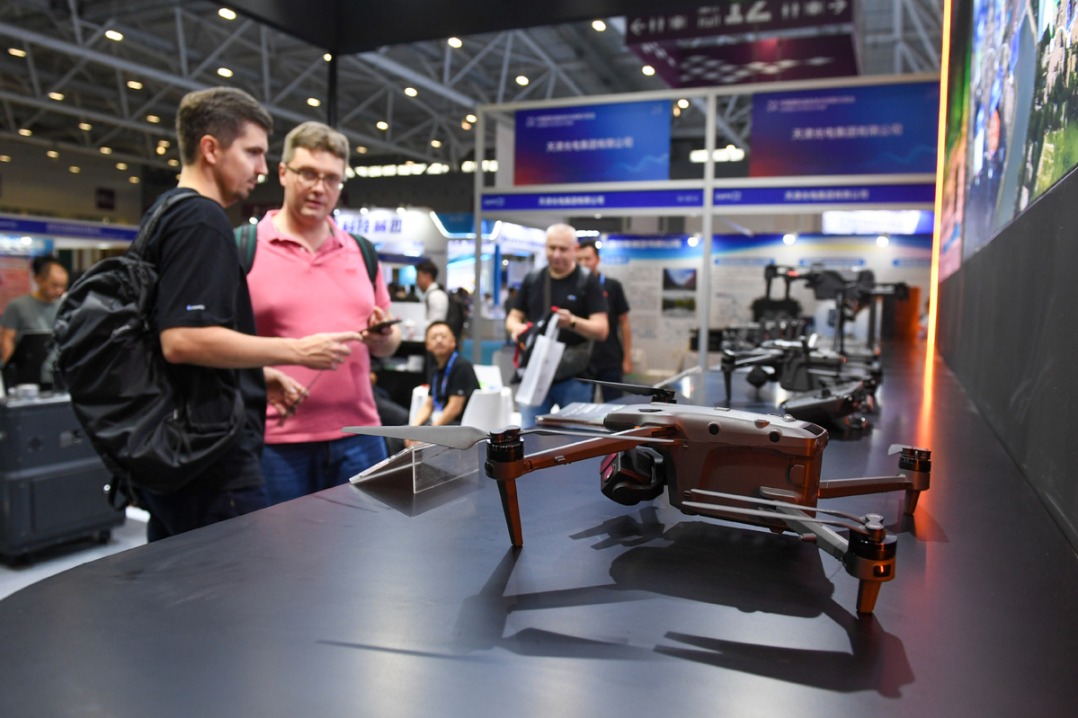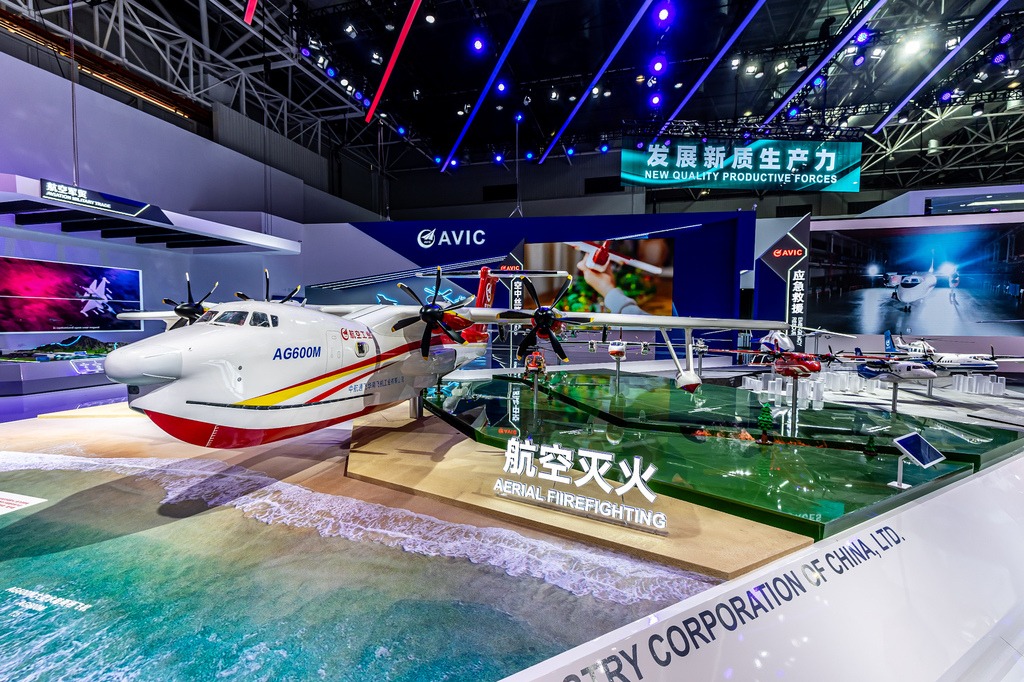BYD achieves 10-million-NEV milestone amid China's industry boom

SHENZHEN - Chinese automaker BYD recorded a milestone on Monday when its 10-millionth new energy vehicle (NEV) rolled off the production line at a plant in South China's Guangdong province.
Industry insiders say that BYD's achievement highlights both the rapid growth of China's NEV sector and the country's proactive efforts to promote green and low-carbon development, particularly at a time when the United States and the European Union have unveiled additional tariffs on China's electric vehicles.
BYD's production has accelerated rapidly in recent years. It took the company nearly 15 years -- from December 2008 to August 2023 -- to manufacture its first 5 million NEVs, while its next 5 million were produced in just 15 months.
At a celebratory ceremony on Monday, BYD Chairman Wang Chuanfu emphasized the company's strong commitment to technology as a key driver of its success.
According to Wang, BYD plans to invest 100 billion yuan ($13.9 billion) to advance the integration of artificial intelligence with automotive technologies, aiming to achieve a comprehensive upgrade in vehicle intelligence.
China's strong emphasis on NEV development is driven primarily by surging domestic demand, with the majority of sales recorded in the domestic market, according to Bai Ming, a researcher at the Chinese Academy of International Trade and Economic Cooperation under the Ministry of Commerce.
Data from the China Association of Automobile Manufacturers reveals that in the first 10 months of this year, domestic sales of NEVs reached 8.692 million units, more than eight times the export volume in the same period.
In the first nine months of the year, BYD sold over 2.73 million new energy passenger vehicles, nearly 90 percent of which were sold domestically.
The company's development aligns with China's booming NEV market, which saw over 9 million units sold in 2023, achieving a market penetration rate of more than 30 percent. In July 2024, the NEV domestic market share surpassed that of fuel-powered vehicles for the first time, with nationwide retail sales hitting 878,000 units and accounting for 51.1 percent of the Chinese market.
These figures counter accusations of overcapacity in China's NEV sector, suggesting instead that the industry is vibrant and expanding.
Zhou Fatao, secretary general of the Guangdong New Energy Vehicles Industry Association, attributed China's success to its robust domestic market demand, comprehensive NEV supply chain and significant breakthroughs in core technologies, which have enabled automakers to align vehicle performance more closely with consumer needs.
"China has seized the historic opportunity of global automotive transformation," Zhou said, adding that the vehicle electrification slowdown in the EU and the United States does not indicate a rejection of this transition but rather reflects a reluctant compromise driven by profitability pressures and other factors.
However, Zhou noted that the industry still requires long-term improvements, including enhanced technological innovation and R&D across the entire NEV value chain, and the addressing of challenges in solid-state battery technology.
China's thriving NEV market has become a magnet for both domestic and international automakers. Companies like Tesla, Volkswagen and BMW have bolstered their presence in China.
As tackling climate change becomes a global priority, NEVs play a critical role in reducing carbon emissions in the transportation sector. According to the International Energy Agency, global sales of NEVs will need to reach 45 million units by 2030 to meet carbon neutrality targets.
On the EU's recent decision to impose definitive countervailing duties on electric vehicles from China for a period of five years, experts argue that the move breaches international laws and World Trade Organization (WTO) rules, and could ultimately hinder the growth of the EU's automotive industry and derail its efforts to achieve its green and low-carbon objectives.
"Openness and collaboration are fundamental to driving innovation and growth in the NEV sector," Bai said, emphasizing that enhancing cooperation with China in the NEV sector could deliver mutual benefits, boosting the supply of high-quality products to advance global efforts in green development.




































